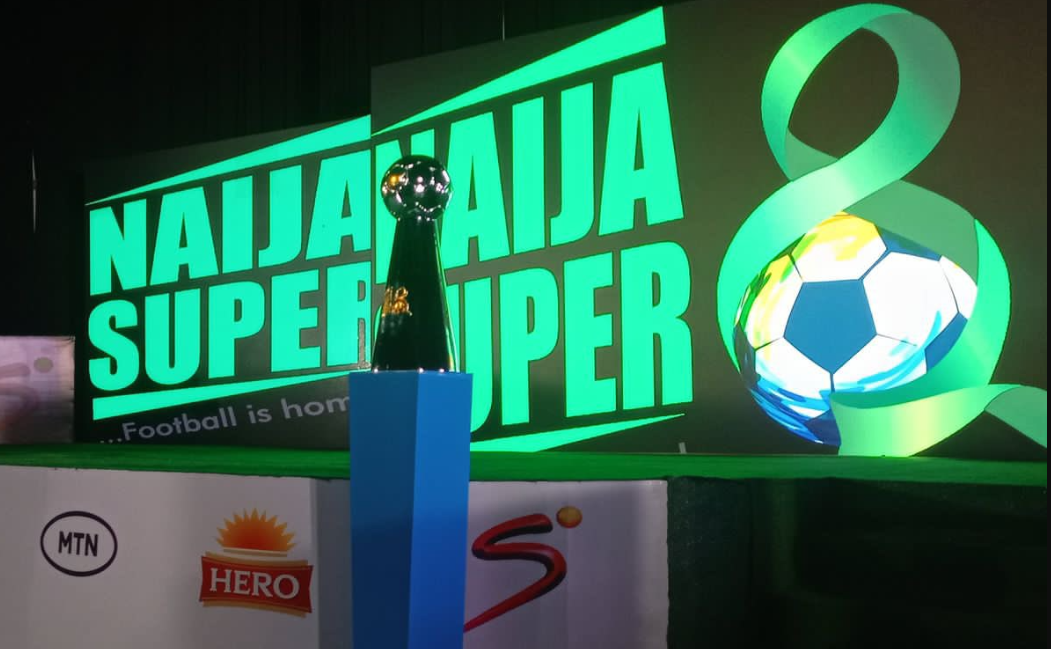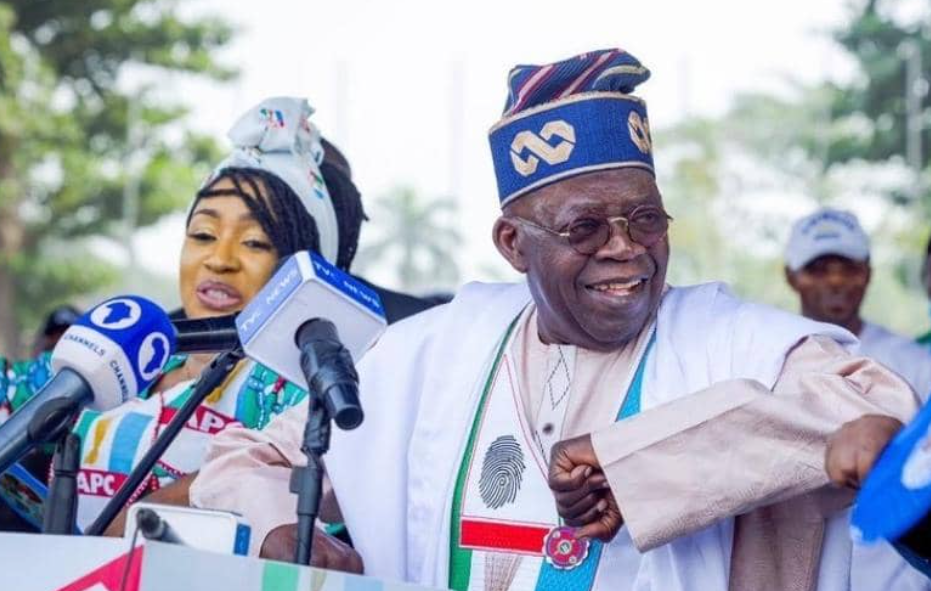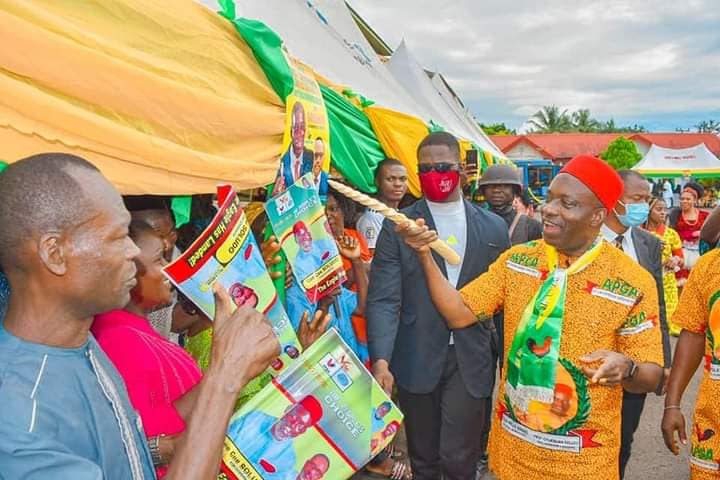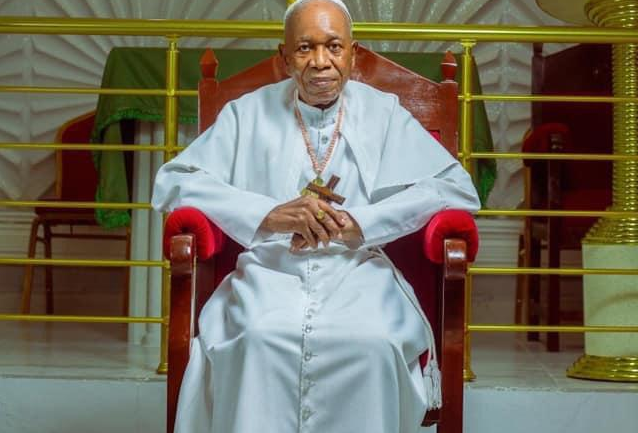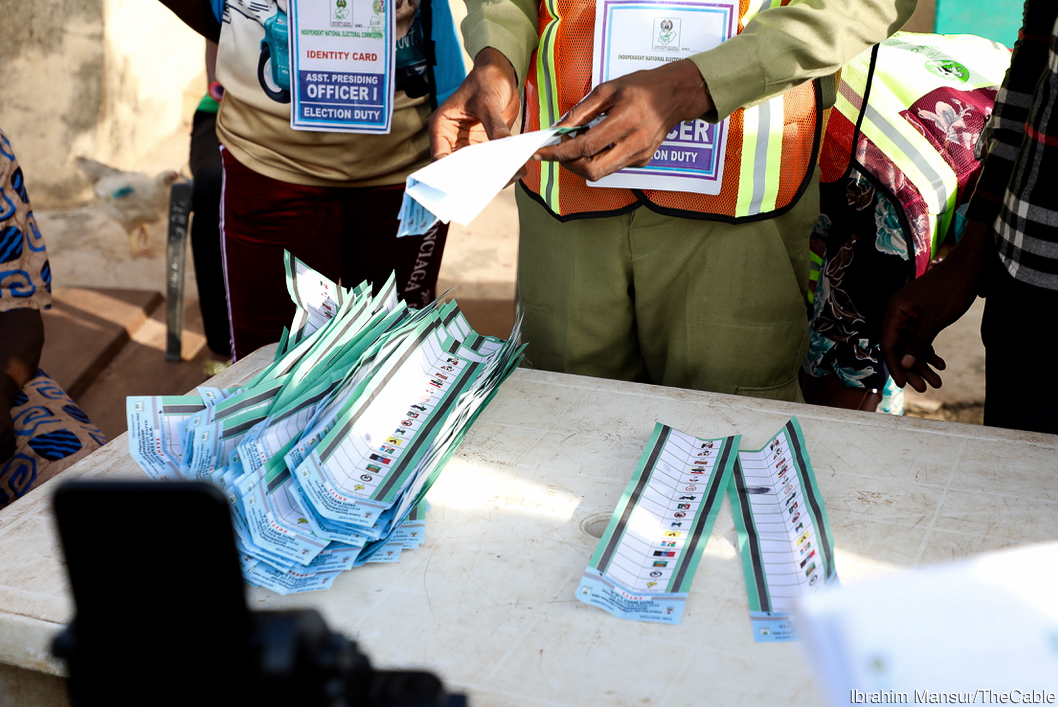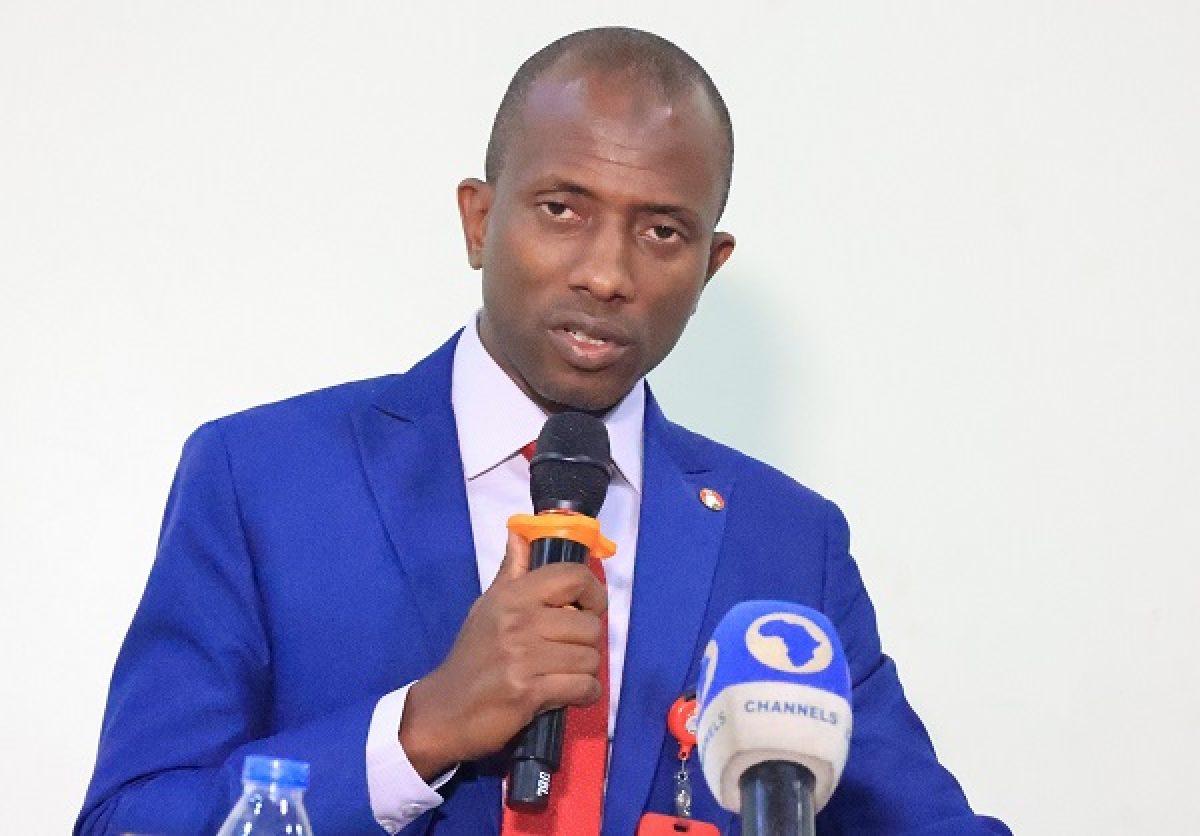BY SIKIRU ABOLADE
For 10 days last month, the attention of the domestic club football-watching public was fixed on Lagos’ Mobolaji Johnson Arena, the venue of the inaugural edition of Naija Super 8, a pre-season tournament. I started following the tournament on television from the day the organisers, Flykite Productions, announced it as well as its objective of bringing fans back to stadiums.
It will be dishonest of me to claim I was persuaded that the tournament’s stated objective was realisable. I thought it was a halfway house between drunken optimism and pompous nonsense. The problems of domestic club football, responsible for the lukewarm attitude to Naija Super 8, are too well known to bear repeating here. I, however, crave your indulgence to state the one that I think has posed–and still does– the biggest obstacle to rekindling fan interest: squalid officiating levels.
Everybody with as much as a passing interest in the domestic game is dissatisfied with refereeing standards, which make for predictable outcomes and deny the fans excitement, with corruption being the prime suspect. I am not brave enough to dismiss suspicions of corruption and I think nobody is. However, there are also factors such as a lack of work tools. Tools do not eliminate errors but they make them less frequent.
ADVERTISEMENT
Advertisement
A major reason that I think Naija Super 8 succeeded was that it won fan confidence through higher than regular officiating standards right from its qualifying tournament in Eket, which I watched on television. This is not to say that there were no blemishes, but they were few and far between. In any case, it is almost impossible to eliminate controversies around officiating in a sport that generates wildly differing opinions.
First in Eket and later Lagos, I saw, for the first time in domestic football, referees wearing and using a multi-way communication system, which improves evaluation of in-game situations and which I also think will develop refereeing skills. Post-tournament, I also read comments by the organisers hinting at a readiness to, by the next edition of the tournament, bring about the involvement of the video assistant referee (VAR), which will be a game-changing support tool. VAR, like the multi-way communication device, will also be a first in domestic football.
Through video match officials (VMOs), VAR will provide support for referees in potentially outcome-altering situations like goals/infractions that result in goals, penalty decisions/infractions leading to penalty decisions, direct red card situations and mistaken identity.
Advertisement
The stated desire to introduce VAR speaks to the organisers’ ambition, seriousness and readiness to deal with the dire officiating level — the incubus in the domestic game. Naija Super 8 is a pre-season tournament, not the league. But it has served and seems to be ready to serve more elements that the league structure needs to adopt. VAR will cost money, lots of it. But where there is a will, there will be a way. If private organisers of a pre-season tournament think fidelity of officiating decisions is important to fans’ trust and are willing tinvestnt in that direction, the administrative architecture of the league can have very few excuses.
Naija Super 8 benefited from top-tier partnerships and sponsorships notably from MultiChoice Nigeria, Hero Lager, MTN, DStv, GOtv, SuperSport, Pepsi, Custodian Assurance and Moniepoint. These corporates, I believe, must have been assured of the fidelity of match outcomes before they provided resources. They do not seem to me like organisations that will lend their names to choreographed outcomes. The more support of this kind the game’s organisers receive, if they are serious, the brighter the chances of domestic football revival.
I gave Naija Super 8 no chance, but I am happy to have been disappointed. Being a pre-season, it provided participating clubs with the opportunity to see their new signings in action, put players playing domestically in a bigger shop window and swelled the coffers of participating clubs.
Tournament winners, Sporting Lagos, earned N25 million for their triumph in addition to the N3 million per match (a total of N12 million) earned in the run-in to the final. There is also the not exactly small benefit of an in increased profile, especially with the Naija Super 8 triumph coming shortly after winning promotion to the elite league division.
Advertisement
Runners-up, Remo Stars, earned N9 million for playing in the final — in addition to the N3 million per match in the run-up to the final. Akwa United and Lobi Stars scooped N12 million for getting to the semi-finals, while the four other clubs: Katsina United, Yobe Desert Stars, Enyimba International and Rivers United earned N9 million each over three games. All the earnings, as stated in the reports around the tournament, were exclusive of transportation, feeding and accommodation in the two cities. They were separately provided for by the organisers.
From the start, I think the organisers snared the fans, offering them the chance to determine a hefty percentage of the participating clubs via public voting. I believe that is a first domestically and it made fans see themselves as owners of the tournament. They were kept on with a matrimony between football and entertainment, with the latter yielding 21 musical performances by artistes such as Portable, Seyi Vibe, Bella Shmurda, Daddy Showkey, 9ice and Crayon. Those performances had a role to play. But in the long term, higher officiating standards to build trust will sustain the appetite of the fans. VAR, which the organisers appear minded to introduce, will be a big part of that for the tournament and for domestic football in general.
Abolade writes from Lagos
Advertisement
Views expressed by contributors are strictly personal and not of TheCable.
Add a comment
